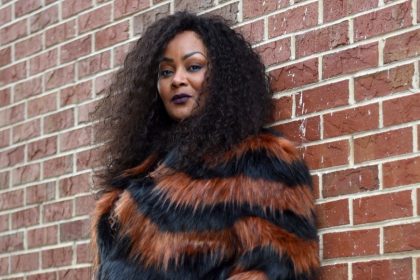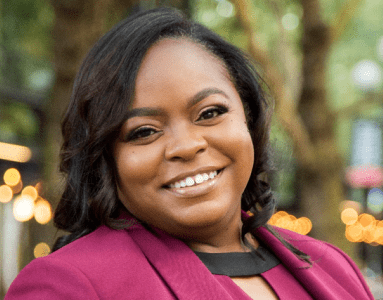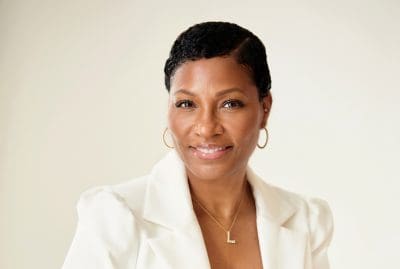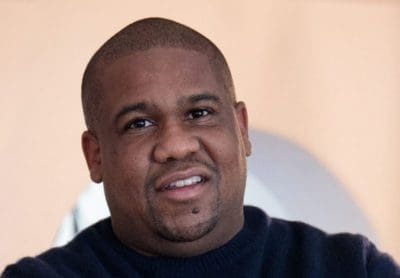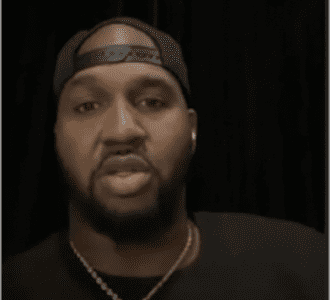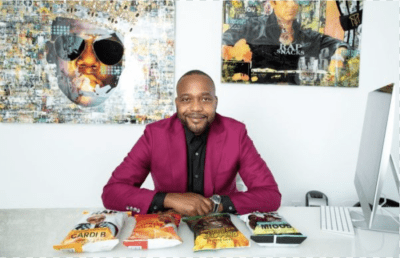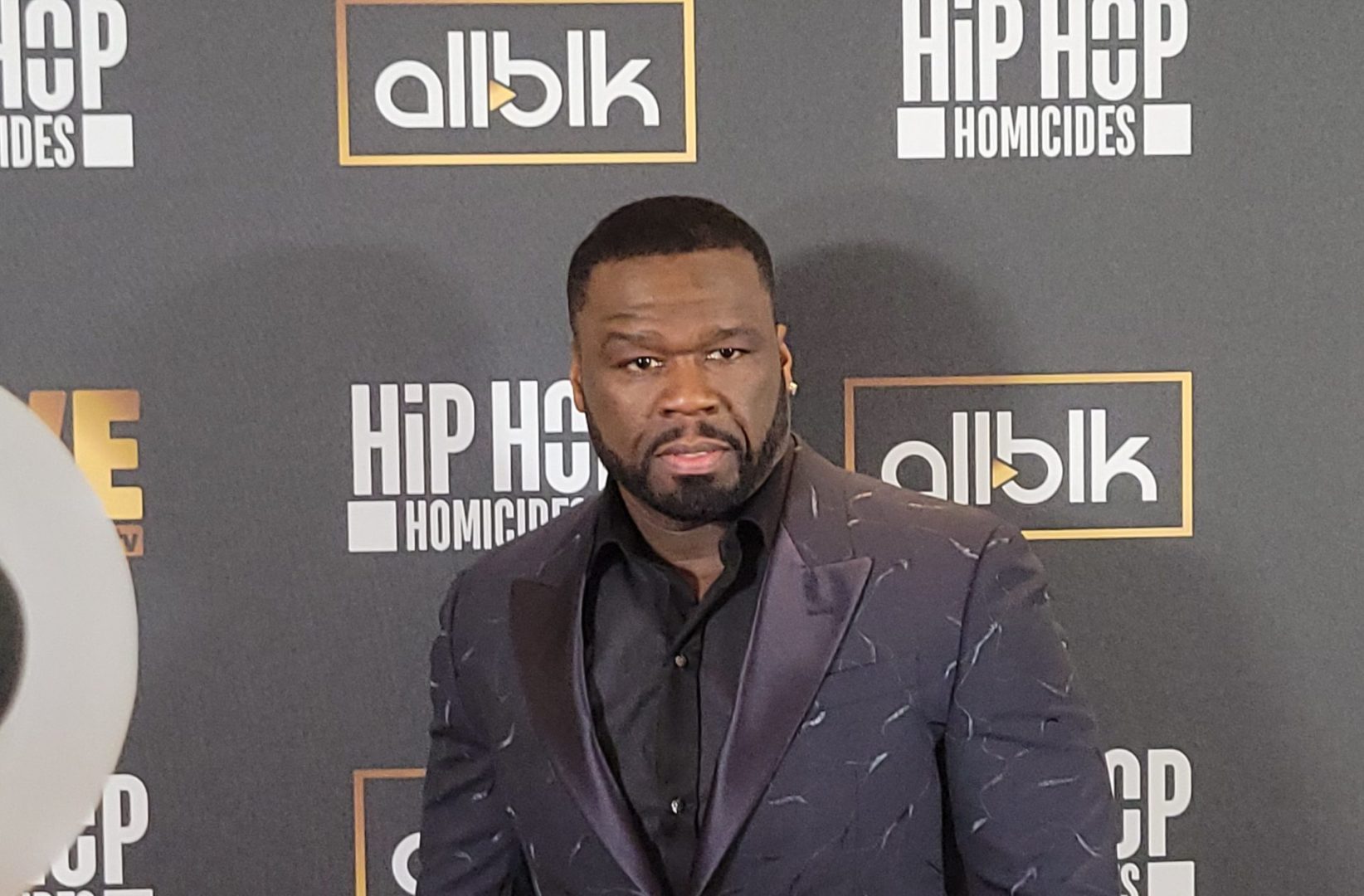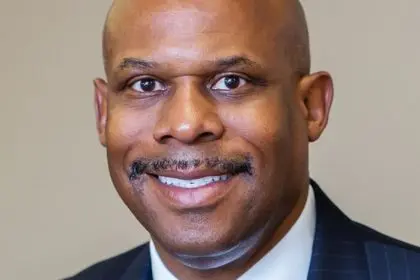Pernessa C. Seele, who received her Doctor of Humane Letters in 2007, among many other honors, is the founder and CEO of The Balm in Gilead Inc., a nonprofit organization helping fight HIV/AIDS.
Seele, a pioneer, community activist, and unofficial adviser to three U.S. presidents, spoke with rolling out publisher and CEO Munson Steed about health disparities, the faith community, and the power of prayer.
[Editor’s note: This is an extended transcription. Some errors may occur.]
Munson Steed: Let’s talk about institution builders. You know, you have the Dorothy Heights of an era. You have the women who have built colleges. If you think of Bethune Cookman and all those women, if you think of Ida B. Wells and the fact that many are associating you with that number of pioneering Black women, what does that mean to you?
Pernessa C. Seele: Thank you … and I’m humbled by putting me in that category. I was fortunate enough to walk a little bit apart … maybe two point miles with Dorothy Height and she definitely is my shero, and I lift up all of the folks who have gone before me. Institution building is really a calling on your life. It’s a purpose-driven life. When I started this little idea that God gave me 36 years ago, I had no idea that we’d be having this conversation 36 years later as an international organization.
And it’s purpose, it’s really selflessness. When I look back over my life now, you know it’s sacrificial. People will say, “You just work so much. Why don’t you get rest?” But your work becomes your rest. Your work becomes your everything. You look back, and you say, “Well, why didn’t I? I should have,’ but you’re focused, and at this time, I’m very clear about having a purpose-driven life.
I remember when that book came out. I wasn’t clear about it at all. If I was reading the book Purpose Driven Life, I was clueless because I hadn’t come into an understanding of what exactly it means to have a purpose-driven life. So, it’s selflessness. It’s giving. It’s leaving you all on the field every single day.
Leading in the HIV battle after 36 years
MS: When you think about your purpose now, how does it feel to know that even when you have given 36 years, that the suffering continues and that there’s so much work to be done?
PS: That little idea was the Harlem Week of Prayer for the healing of AIDS, and I was certainly purpose-driven then. I was new to Harlem. I was just leaving my career as a research scientist and working at Harlem Hospital. I was just mesmerized [by] all the beds in Harlem hospital with people who were actually dying of HIV in ’89, and I wasn’t clergy. I was a woman. I was short. I was fat. I didn’t know not one soul in Harlem.
But I grew up in Lincolnville, South Carolina, and grew up with all folks who taught me how to listen and know the voice of God … [I have] always been driven by that. But it’s not until now that I understand what that purpose-driven life is really all about, and then 36 years later, to see all of the suffering, and to see all of the loss, and all of the pain that we continue to experience around HIV and AIDS. You know it saddens me. It saddens me that we are where we are, but at the same time, you know I give God praise for where he has brought us.
There’s treatment available. If someone gets HIV/AIDS today, their life expectancy is 75 years because of treatment, but you have to have access to that treatment. I’m saddened by the pain of mothers and fathers and sisters and brothers who did not come to the bedside of their children and their parents when they were dying of HIV and AIDS. You can’t go back and fix the pain of that.
[We] understand it better today, but you cannot go back and undo that stigma, and just that hatred that you felt toward your children as they were coming to the end of their life around a disease. You can’t go back and be and address where you heard that hatred from, the pulpit. So, because the reality is that we got all of that stigma, and you know, and God’s wrap on people with HIV and AIDS, and all of that mess. We got it from our pulpits, and Lord knows I love the Black Church, and that’s my whole life.
We cannot go back and fix that, but I thank God for all of the pulpits today that their doors are open, that they have health ministries and HIV ministries. They have an inclusive ministry for everybody. It doesn’t matter whether [you have diabetes, cancer, HIV, your genetic disease, whatever it is,] God’s grace is sufficient for all of it. So, I thank God for those pulpits today, and the Lord knows we still have a mighty work to do.
MS: What do you say to Black women about taking their agency and making sure that testing is a part of the relationship between male and female dynamics?
PS: Thank you so much for that question, because Black women have always been left behind in this epidemic, and our numbers have always been on the increase. We’ve always had high rates of HIV and we have never really gotten the adequate resources…
So women really have to empower themselves to really, really understand and remember that HIV is real. There is no cure for HIV and AIDS, and you must protect yourself with a condom. You must protect yourself — you have them in your bag; there’s female condoms. There’s also now treatment. If your partner is HIV Positive, you can now get treatment and make sure you are [negative.] You have to ask those questions, those difficult questions. It’s [about] really empowering our sisters to really take control of their lives…
MS: What would you hope [happens] in this week of prayer that you have starting March 3? Hopefully, prayer daily for those who can hear my voice, prayer daily. But what should we know about prayer? And how can we leverage social media to have a prayer?
Tremendous progress in battle against HIV
PS: Well, yes, indeed, the national week of prayer for the healing events is happening this Thursday through [March 9]. We have a social media campaign and prayer. Prayer is still the central focus of everything that we do with the Balm in Gilead. Because I still believe, as the folks taught me in Lincolnville, prayer changes things, and I bear witness to that every single day, and I do believe that even though we’re still talking about [HIV/AIDS and] there’s no cure, there has been tremendous progress.
Social media, I think everybody, every one of us who are on social media, Facebook, LinkedIn, Instagram, whatever, you send a prayer. Give a prayer about HIV and AIDS, actual friends to give a prayer about HIV and AIDS and encourage them to get the facts. Because we cannot. Like I said earlier, the billboards are gone. The radio conversations are gone. I so appreciate you having me on your podcast today… I so appreciate it because [the media attention is] gone. And it’s up to us now to use everything, everything available to us, to pray and to educate about HIV and AIDS, and get our children to do the same thing.

